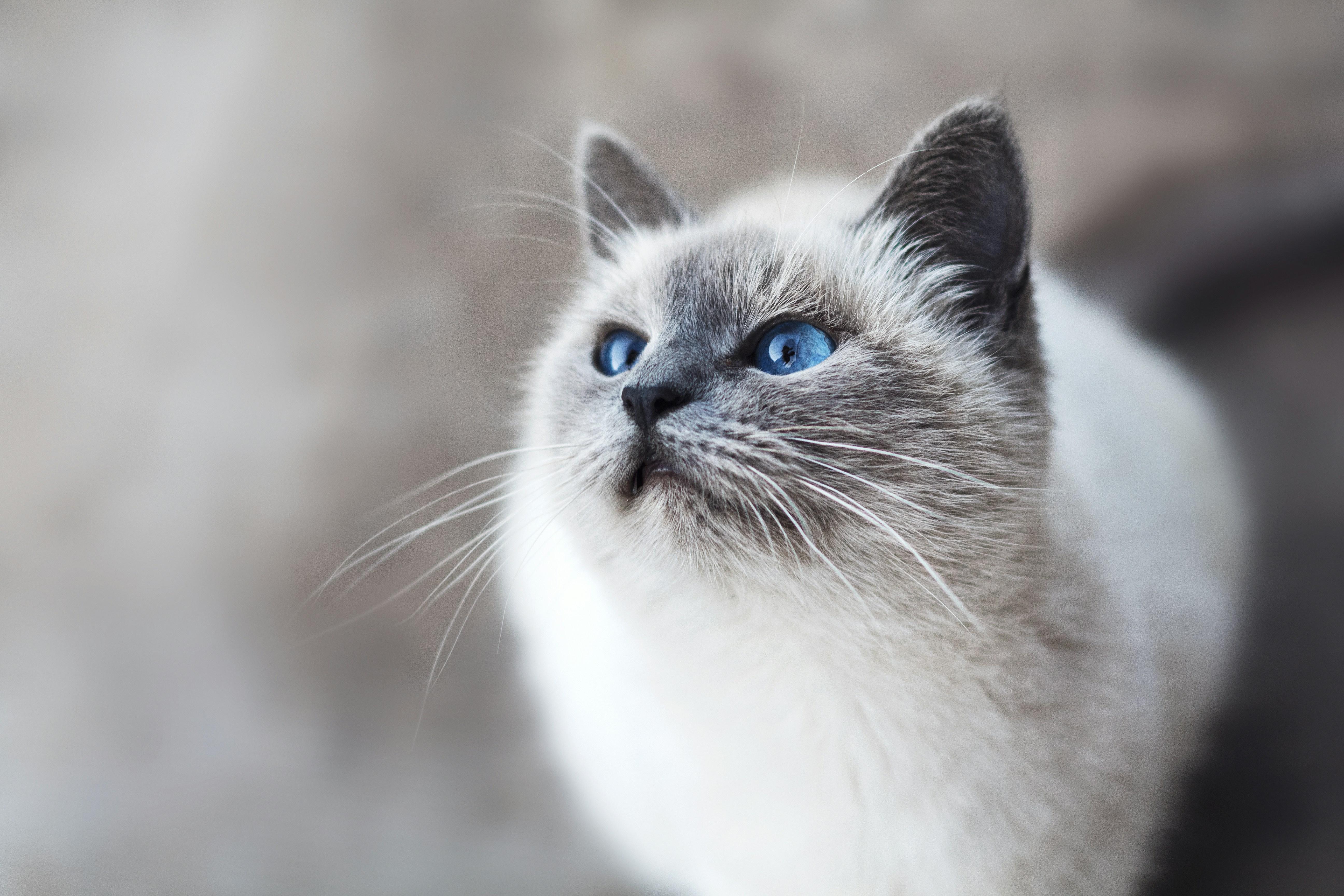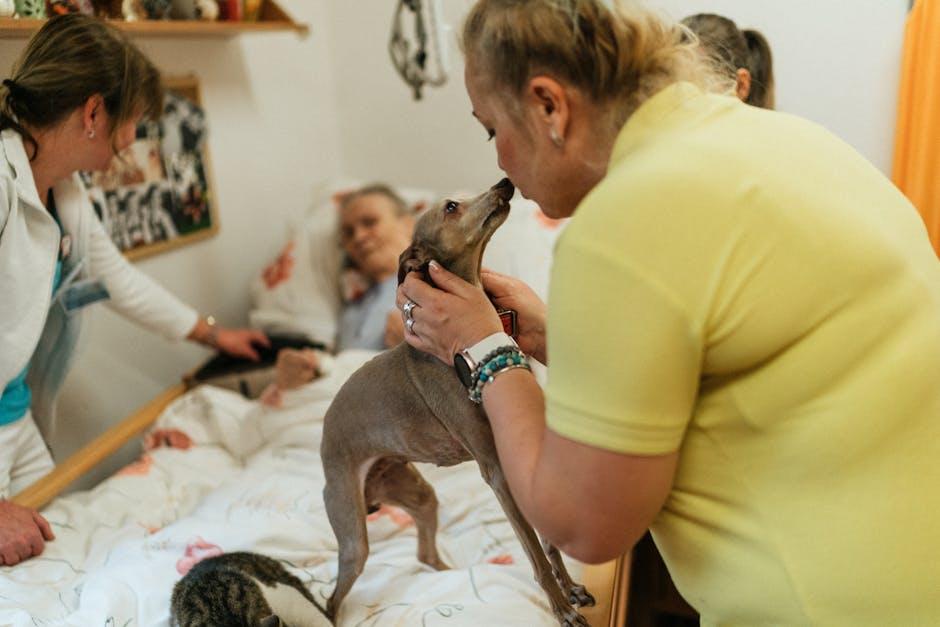As the years gracefully unfold, our feline companions transform from playful kittens into wise, serene elders. Their once boundless energy may mellow, but the love and companionship they offer only deepens with time. Just as we cherish the golden moments spent with them, it becomes our heartfelt duty to ensure their twilight years are filled with comfort, health, and joy. Welcome to “”—a heartfelt guide crafted to help you navigate the beautiful journey of aging alongside your cherished cat. Whether it’s adjusting their diet, understanding new behaviors, or simply finding ways to keep them purring contentedly, this article is your warm companion in ensuring your senior cat’s golden years are as vibrant and loving as the bond you share.
Understanding Your Senior Cats Changing Needs
As our feline friends age, their needs and behaviors begin to shift, often requiring us to adapt our care routines to better suit them. Senior cats may become less active and more prone to health issues, necessitating a focus on their well-being. Here are some key areas to consider:
- Dietary Adjustments: Senior cats benefit from diets that are lower in calories but rich in protein and essential nutrients. Look for specially formulated senior cat food to help maintain their weight and support their overall health.
- Regular Vet Visits: As cats age, they are more susceptible to conditions such as arthritis, kidney disease, and dental issues. Schedule bi-annual vet visits to catch any potential problems early and ensure they receive appropriate treatment.
- Comfortable Living Spaces: Older cats appreciate cozy, easily accessible resting spots. Consider adding soft bedding in low places and using ramps or steps to help them reach their favorite perches without strain.
- Mental Stimulation: Keep your senior cat’s mind sharp with gentle play and interactive toys. Puzzle feeders and slow-moving toys can provide both mental and physical stimulation, helping to prevent cognitive decline.
By tuning into the evolving needs of your senior cat, you can ensure their golden years are filled with comfort, health, and happiness.

Creating a Comfortable and Stimulating Environment
As your feline friend ages, it’s essential to make their living space both cozy and engaging. Comfort and stimulation go hand-in-hand for a senior cat’s well-being. Start by ensuring that their bed is plush and located in a quiet, draft-free area. Elevate their feeding station to minimize strain on aging joints and consider heated pads for extra warmth during colder months.
To keep their minds sharp and bodies active, integrate enriching elements into their environment. Interactive toys and puzzle feeders can provide mental stimulation. Additionally, create vertical spaces with cat trees or shelves to encourage gentle climbing. A window perch can offer hours of entertainment as they watch the world outside. regular play sessions and gentle grooming can strengthen your bond while keeping them engaged and comfortable.

Nutritional Tips for Your Aging Feline
As your feline friend ages, their dietary needs evolve. Ensuring they receive the right nutrients is crucial for maintaining their health and vitality. Here are some essential tips to keep your senior cat thriving:
- High-Quality Protein: Aging cats require protein to maintain muscle mass. Opt for easily digestible sources like chicken or fish.
- Hydration is Key: Senior cats are prone to dehydration. Incorporate wet food into their diet and ensure fresh water is always available.
- Healthy Fats: Omega-3 and Omega-6 fatty acids support joint health and a shiny coat. Look for foods that list fish oil or flaxseed as ingredients.
- Vitamins and Minerals: Nutrients like Vitamin E and C are essential for immune support. Consider supplements if your vet recommends them.
- Weight Management: Monitor their weight closely. Senior cats can be prone to obesity or weight loss, both of which require dietary adjustments.
By paying attention to these dietary needs, you can help your aging feline enjoy their golden years with energy and good health.

Monitoring Health and Wellness in Older Cats
Keeping a close eye on your feline friend’s health and wellness becomes increasingly crucial as they age. Older cats are prone to various health issues that might go unnoticed without regular monitoring. Here are some key aspects to focus on:
- Weight Management: Regularly check your cat’s weight. Sudden changes can indicate underlying health problems.
- Dental Health: Inspect their teeth and gums for signs of dental disease, such as bad breath, drooling, or difficulty eating.
- Mobility: Watch for any signs of arthritis or joint pain, like reluctance to jump or difficulty climbing stairs.
- Behavioral Changes: Note any shifts in behavior, such as increased aggression or withdrawal, which can signal discomfort or illness.
- Regular Vet Visits: Schedule more frequent check-ups with your vet to catch potential issues early and ensure your cat’s vaccinations and treatments are up-to-date.
By paying attention to these areas, you can help your senior cat enjoy their golden years with comfort and joy.


































